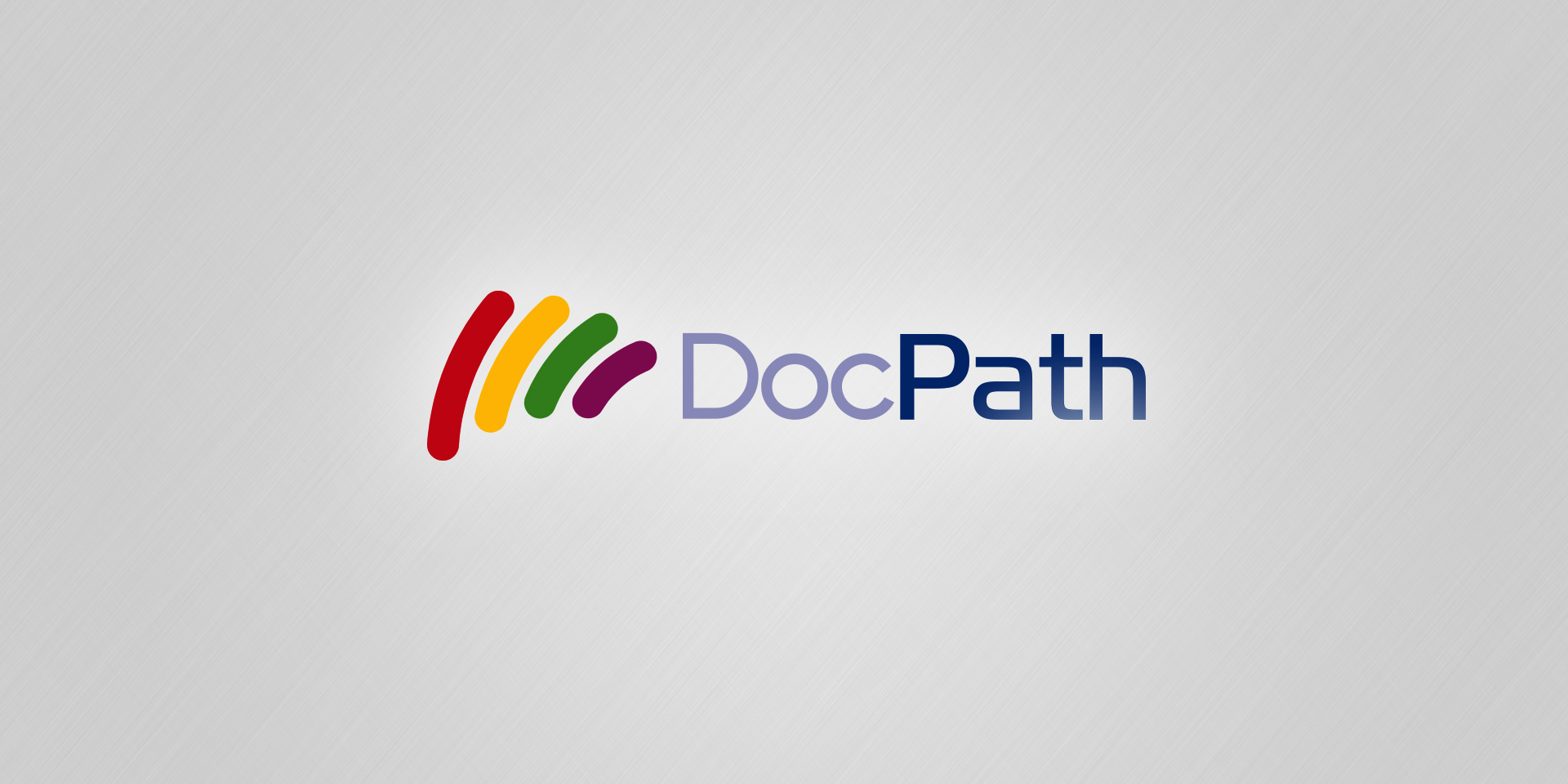
The dynamism of the technological sector within today’s society is unstoppable. For this reason, many employees use their own mobile devices to access their company´s network. This tendency, called BYOD (Bring Your Own Device), is being adopted fundamentally by younger workers that use their own devices for professional purposes to avoid having to carry different smartphones or tablets with them.
The risk of this radical initiative lies in the lack of security since these personal devices are completely out of the corporate administrator´s control. This is demonstrated in an international survey conducted among young workers by Fortinet. The company chose young employees for this analysis as they are considered to be the ones who will spread BYOD to the rest of the workforce.
The report published by Fortinet indicates that three out of four workers use a personal mobile device to connect to their company´s network. The main reasons lie in the advantages of BYOD highlighted by the respondents, which are immediate and nonstop access to corporate data and more efficiency. On the other hand, half of the respondents are conscious that this way of working increases the risk of malware. Thus, companies are now exposed to two new dangers: the insecurity of their corporate data, and the risk of their network being infected with a virus.
To solve the problem of data insecurity that a company may face because of BYOD, organizations should secure their networks, not the personal mobile devices used by their employees. The danger does not lie in these mobile devices, as more and more tasks are being performed remotely, but it lies in the workers´ corporate network access.
Misappropriation of corporate data
The lack of corporate security is also reflected in the conclusion of a study commissioned by the company Iron Mountain, which interviewed 2,000 employees of all ages and sectors in Germany, Spain, France and Britain. The report states that one in three employees (32%) has been taking or forwarding confidential information out of the office on more than one occasion. In addition, the survey reveals that half of European workers (51%) takes corporate information with them when they change jobs considering that it will be useful in their new position.
Meanwhile, companies are extremely concerned about the control and confidentiality of their corporate documentation, and are rushing to adjust their data protection policies before the new European Union legislation comes into force. After all, their employees are taking highly confidential information that is essential to its reputation, competitiveness and customer satisfaction, outside the company.
In fact, companies that are concerned about information security tend to focus on protecting their digital data, which highlights the need for document management software to adapt to each individual case.
The study further suggests that a lack of specific information regarding data management policies or an inadequate application of these policies can be a decisive factor in cases where information has been lost. Only about half of the respondents (57%) stated that they clearly knew when documentation is confidential and a third (34.4%) confirmed that they were unaware of the existence of company guidelines as to whether or not the data could be used for non-corporate purposes.
Document technology software manufacturers also play an important role in aspects such as safety, preservation and confidentiality of information, as they can and should make companies understand the IT risks that they might face. For example, they can help them discern the right time to transform their corporate architecture to safeguard an asset of great importance as is the privacy of corporate data.
In fact, much of the success of implementing security policies lies in the awareness of employees and in its daily course of business. This means that ignoring a company´s security policies would jeopardize the safety of the organization.
Resources:
- www.fortinet.es
- Iron Mountain
Julio A. Olivares
President and founder of DocPath
